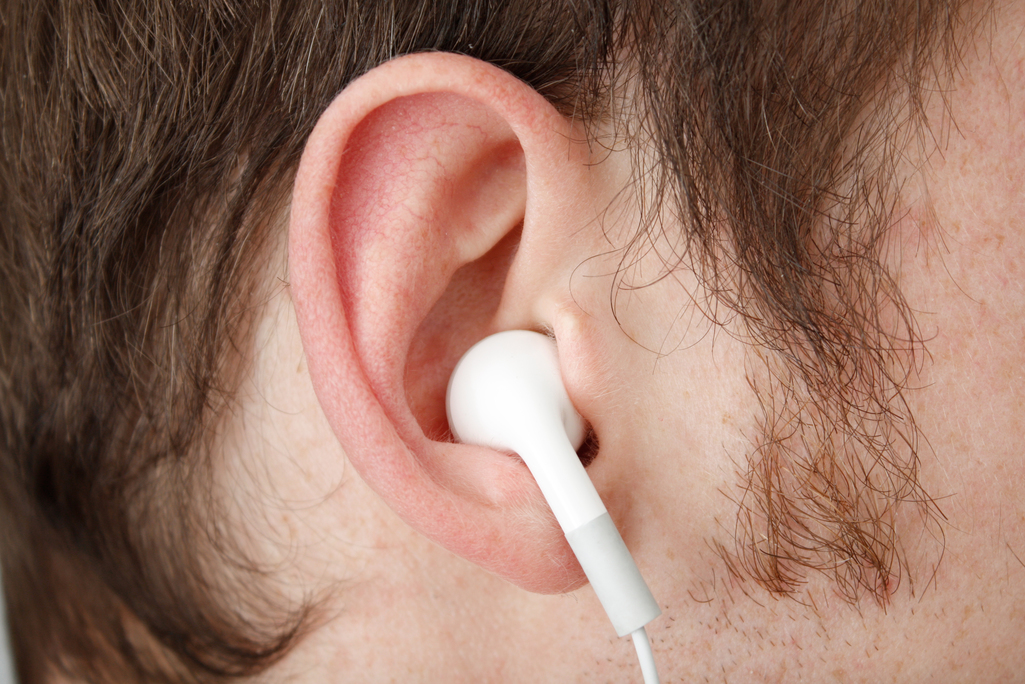A recent BC Supreme Court decision has clarified whether wearing earbuds while driving counts as distracted driving. The verdict raises other issues about using wireless earphones while driving, however, which are yet to be determined.
Essentially, the ruling supports the position that having earbuds in your ears connected to a phone via a wire constitutes distracted driving.
The Motor Vehicle Act prohibits using an electronic device while driving. In order to prove the violation, first the Crown must prove both that the item in question meets the definition of an electronic device. The definition is very broad. It encompasses any device that can “process and compute” data.
Secondly, the Crown must prove that the driver’s actions amounted to “use” of the electronic device. Again, the scope of the term “use” is interpreted very broadly. One of the Motor Vehicle Act’s definitions of “use” that often catches drivers out is: “holding the device in a position in which it may be used”. As we shall see, you don’t actually have to be holding a phone in your hand to meet the requirements of this definition.
In this case, a driver named Mr. Grzelak appealed his provincial court conviction for using an electronic device while driving. He was driving home after a long day of work with earbuds in both his ears connected to his phone which was positioned in the central dashboard. The phone’s battery was dead. Why did he have earbuds in when his battery was dead? Mr. Grzelak explained he used the earbuds for telephone conference calls and he had developed a habit of leaving them in to block out the sound of the highway.
Is a dead battery a distracted driving defence?
You may wonder, at this point, whether you can still commit the offence of using an electronic device while driving if the device is out of battery or switched off. After all, how can you use something that isn’t switched on?
An earlier case, R. v. Tannhauser, established that a cellphone with no immediate functionality can still be held in a position in which it may be used. In that decision, it was found that the temporary inoperability of a cell phone does not exclude it from the definition of an electronic device. So, no, having a dead battery will not allow you to escape from a distracted driving ticket. Therefore, it would not have worked as a defence in Mr. Grzelak’s case.
Can you wear earbuds while driving?
The BC Supreme Court had to decide, in Mr. Grzelak’s case, whether earbuds connected to an iPhone via a wire are, effectively, part of the phone. Also, whether or not having the earbuds in your ears amounts to holding the device in a manner in which it may be used.
Although the Motor Vehicle Act does not explicitly address these issues, s. 7(1) does stipulate that it is acceptable to use an electronic device that includes an earpiece so long as it is worn only in one ear. The Supreme Court interpreted this to mean that a device may include an earpiece and therefore concluded that earbuds are effectively part of the device.
As for the second issue of whether having earbuds in amounts to holding a device, the Supreme Court found that even though the phone’s battery was dead, he was still holding it in a position in which it may be used. The judge said: “Although the electronic device could not actually have been used at the time Mr. Grzelak was holding it (by having earbuds in his ears) because the iPhone’s battery was dead, the position in which the device was held was suitable for the device’s use. This is in line with previous interpretations where courts have found a device’s inoperability ultimately does not matter. It is holding it in a way in which it may be used that amounts to the offence. For these reasons, Mr. Grzelak’s appeal was dismissed.
Other questions
While this decision makes clear that earbuds are effectively part of an electronic device and wearing them in both ears constitutes holding said device, some questions still remain. For instance, what if the earbuds are wireless, such as AirPods. Would wireless earbuds constitute distracted driving? The increasing prevalence of wireless earbuds suggests that it is only a matter of time before the courts in BC have to grapple with this question.
I would argue that had Mr. Grzelak been wearing wireless earbuds instead of ones connected with a wire, the result probably would have been different. This is because there would be nothing to connect the earbuds themselves to the phone and relate the two objects. I’m sure we will find out sooner rather than later.
